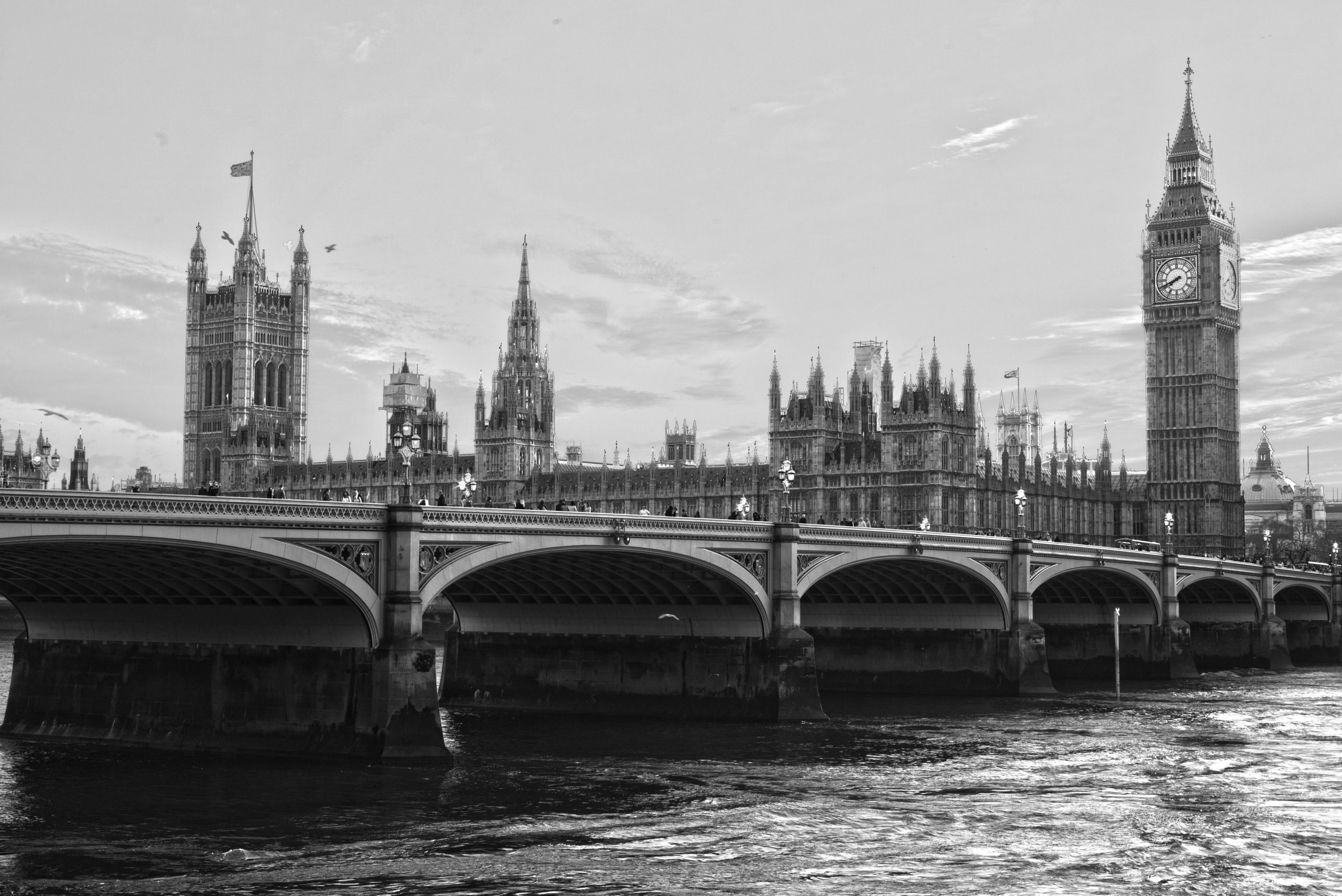The Prime Minister’s decision to appoint Sajid Javid to take over from Amber Rudd as Home Secretary was shrewd. He was the one member of the Cabinet with the credibility to defuse the Windrush scandal quickly, having himself been born to parents who arrived in the UK at around the same time.
Mrs May could have promoted the current Minister of State for Housing to the post of Secretary of State. Housing Minister Dominic Raab is one of the most high profile Ministers not yet to have made it into the Cabinet and the Brexiteers’ favourite to replace Mrs May when she leaves office. A conviction politician in the Thatcherite mould, he is not the kind of future Conservative Leader that Mrs May and her team in Downing Street would want to see succeed her. Education Secretary Damian Hinds and Defence Secretary Gavin Williamson are seen as more pragmatic politicians who would align the UK as closely as possible to the EU and all its works after Brexit.
Mrs May’s decision to bring back her former colleague James Brokenshire to the Housing Ministry has been interpreted by many that her heart is really not in it when it comes to building new homes. Like Mrs May, Mr Brokenshire is better known for opposing the construction of new homes in his constituency than for making the case for more building. He is a safe pair of hands with an admirable public service ethic but he has not to date displayed a flair for the kind of radical policy innovation which will be needed to create a new generation of home-owners.
Unable to get on the home ownership ladder, the 20-40 generation has little stake in capitalism in the UK. Many carry debts from having been encouraged to take University courses which have not provided them with the head start in life for which they were hoping. It is little wonder that they vote in large part for Jeremy Corbyn and his socialist movement which promises to free them from debt.
For all the Chancellor’s efforts so far – from cutting stamp duty for first time buyer, to extending help to buy, or reducing tax relief on buy to let – these policies are not producing dramatic shift in capital allocation between the generations. Until the Conservatives find a way to give the younger generation some hope on home ownership, they risk losing support to Labour. The electoral effect of this is seen most starkly in London, where house prices are more expensive and where it is harder for younger people to buy into the residential property market.
A General Election anytime soon would risk the election of a genuinely hard left Government of the kind which was nearly elected in 2017. The Conservative backbenches will not forget that moment quickly: they will not let Mrs May fight Mr Corbyn again and would rather bring her down than go to the polls under her leadership.
In recent weeks, rebel Conservative Members of the House of Lords have been tabling amendments to the European Union Withdrawal Bill. When the amendments come back to the Commons to be debated, there will be votes on whether the UK remains a member of the customs union, as well as on what the default position will be if Parliament does not approve any exit deal done with the EU. If the Government were to lose those votes or make concessions, then we should expect much turmoil within the Conservative Party. But a political crisis would most likely lead to the immediate replacement of Mrs May as Leader rather than the dissolution of Parliament and new General Election.
There is very little prospect of there being a second referendum on EU membership either. There is no time to hold one. Nothing is agreed until everything is agreed, and it will take until the final weeks – if not days and minutes – of the UK’s membership of the EU to reach an agreement. Even if all parties fell out very badly and the exit negotiations were suspended in the coming months, there is no time to put customs and tariff arrangements in place by March 2019. The transition deal with the EU to January 2021 will hold. A comprehensive trade deal will not be done before Brexit, and most of the detailed trade negotiations will take place during the implementation period.
There will be big bumps along the road to agreeing a new set of trading and customs arrangements between the UK and EU. There will be threats of resignations (and we have seen the differences between Brexit Secretary David Davis and the Prime Minister’s adviser Olly Robbins played out in public), there will be actual resignations, there will be reshuffles and there may even be a new occupant of Ten Downing Street before the end of the implementation period on 1 January 2021.
What we do not yet know is whether resignation will be forced upon Mrs May by events in 2018, or whether she will be free to choose the date of her resignation sometime after Brexit. What we can be sure of, is that the next General Election will be fought by a new Prime Minister. A fortnight ago, Amber Rudd looked like a strong contender for that role. Today, Sajid Javid looks a better bet.







